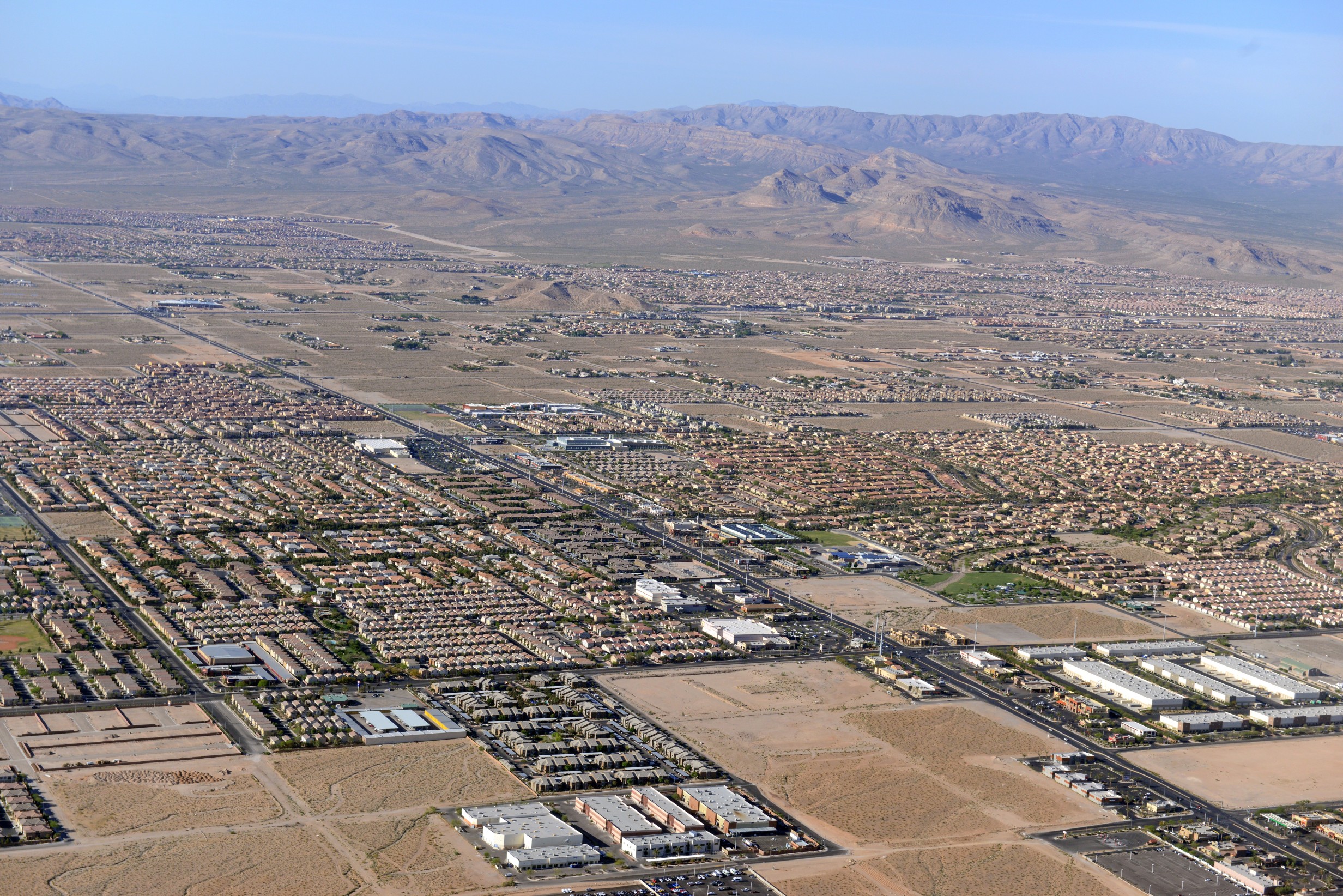
Heavy Rain, Flooding, and Chance of Severe Weather Staring Down the Southern U.S.
January 22, 2024
Posted: December 24, 2022 12:33 pm





A study released last week is confirming that Americans are increasingly moving to places that are at a higher risk of seeing a climate disaster. Despite extreme weather happening more frequently and at a greater intensity over the last several years, people are still moving in record amounts to the epicenters of some of the most significant natural disasters.
The study out of the University of Vermont found that Americans have moved away from areas more likely to see heat waves and hurricanes, however, they are moving to places more likely to be impacted by extreme drought and wildfires. For instance, the researchers found that Americans are moving out of the central U.S. and Gulf Coast but moving in higher numbers to Florida and the West.
What was most surprising to researchers is that a prevalence of extreme weather did not move the needle significantly when Americans decided where to settle down. The researchers were also surprised to find that families were flocking to the drought-stricken West Coast despite ongoing water shortages and record-breaking wildfire seasons. Some of the most popular places for relocation over the last decade include southern Nevada and Arizona, two areas dealing with a water crisis thanks to decreasing levels of the Colorado River.
What the scientists found is that most families are not considering extreme weather when deciding where to relocate. Instead, they are romanticizing the presence of beautiful natural scenery, mountains, the ocean, and warm weather when deciding to move out West.
In addition, Americans are migrating in droves to cities such as Nashville and Atlanta as well as to many areas in the Pacific Northwest. Areas that are experiencing a dwindling population include the Great Plains and the Midwest.
Although many parts of the Gulf Coast are experiencing a population exodus, other areas prone to hurricanes remain popular relocation destinations. These hot spots include coastal Texas and nearly the entirety of Florida. A low cost of living combined with a warm climate and plentiful beaches put these two areas at the top of many relocation lists.
That said, when all of the other lifestyle factors are equal, the researchers found that Americans will choose an area with a slightly lower hurricane risk if given the choice. For instance, counties in Florida that see fewer hurricanes are often chosen over their counterparts because of this lesser risk.
The findings may have some people in for a rude wakeup call when they realize the risks that they have walked into. They also may be caught off guard at escalating insurance prices due to the inherent dangers of their location. For some people, they simply do not consider the potential environmental hazards of some destinations.
Climate experts also point out that it is not surprising to learn that many people do not factor in the risk of wildfires when deciding to relocate. Unlike hurricanes that tend to generate more media coverage, wildfires can be more localized in nature. This translates to a lack of national media coverage, not putting this natural disaster top of mind for people when deciding where to put down their roots.
The researchers involved in the study say that more data is needed in order to understand why Americans continue to migrate to places known for being more vulnerable to the impacts of climate change. In the meantime, local officials and planners need to work to protect the influx of transplants.
If the proper infrastructure is not in place, the economic toll of these extreme weather events will continue to mount with more and more people calling the vulnerable areas home. For instance, it is already getting harder for water providers in the Southwest to service new neighborhoods due to the ongoing drought crisis. There is no doubt that allowing increasing amounts of people to move to areas impacted by climate change will only serve to drive up costs when a disaster hits.
Did you find this content useful? Feel free to bookmark or to post to your timeline for reference later.

January 21, 2024

January 19, 2024

January 18, 2024